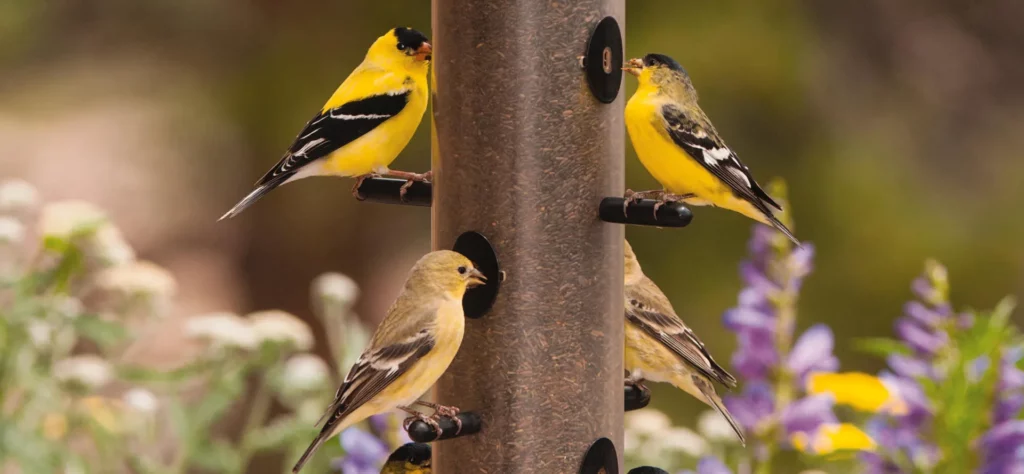Birds are renowned for designing their nest with vegetation rich in compounds that keep them away from parasites. But one unlikely component may actually help birds keep their nest pest free.
The nicotine in the cigarettes help keeps the parasite away. Some urban birds like finches and sparrows use cigarette butts as a form of pest control for their nests.
Cigarette Butts: City Bird’s Weapon Against Pests and Parasites
Discarded cigarettes may have been helpful for birds. They would often take pieces of it and line them in their nest to keep the pests and parasites away. It may seem quite arbitrary, but a team of ecologists says that far from being unnatural, the use of smoked cigarettes by city birds may be an urban variation of an ancient adaptation.
Birds are known to line their nests with various vegetation rich in compounds that drive away parasites. Chemicals in tobacco leaves are known to repel arthropods such as parasitic mites. Monserrat Suárez-Rodríguez, an ecologist at the National Autonomous University of Mexico in Mexico City, and her team studied whether the city birds are using cigarette butts in the same manner. (Source: Nature)
What Do the Studies Say?
The researchers investigated the nests of two bird species common on the North American continent. They calculated the amount of cellulose acetate, a component of cigarette butts, present in the nests. They discovered that the more there was, the fewer parasitic mites the nest had.
The team also tried to experiment with the use of heat traps to verify whether the repellant effect of the cigarette butts is related to their nicotine content rather than to their form or other features. Suárez-Rodríguez and her team, placed traps in the nests of 27 house sparrows, Passer domesticus, and 28 house finches, Carpodacus mexicanus.
The traps, which employ warmth to attract parasites close, were fitted with cellulose fibers and filters from either smoked or unsmoked cigarettes, as well as adhesive tape to catch the arthropods. The device with unsmoked butts had many more parasites attached to them than the device with smoked butts, and this is what the team found out after waiting for twenty minutes.
The smoked butts contained more nicotine as the cigarettes smoke has passed through them. Certainly, in nests that have bird eggs, traps on unsmoked butts acquire, on average more than twice as many parasites.
It really makes me wonder: might these birds show a preference for cigarette brands high in nicotine? If they did, that might suggest this behavior has truly evolved as an adaptive response to challenges from parasites,
Timothy Mousseau, Ecologist at the University of South Carolina in Columbia.
Aside from protecting their nests from parasites, Suárez-Rodríguez says that there may be as-yet-unknown adverse effects for the birds because many compounds in cigarette butts are known carcinogens.
If people have been very cautious in using it because of the well-known danger to the human body, how much more to these birds.
(Source: Nature)
